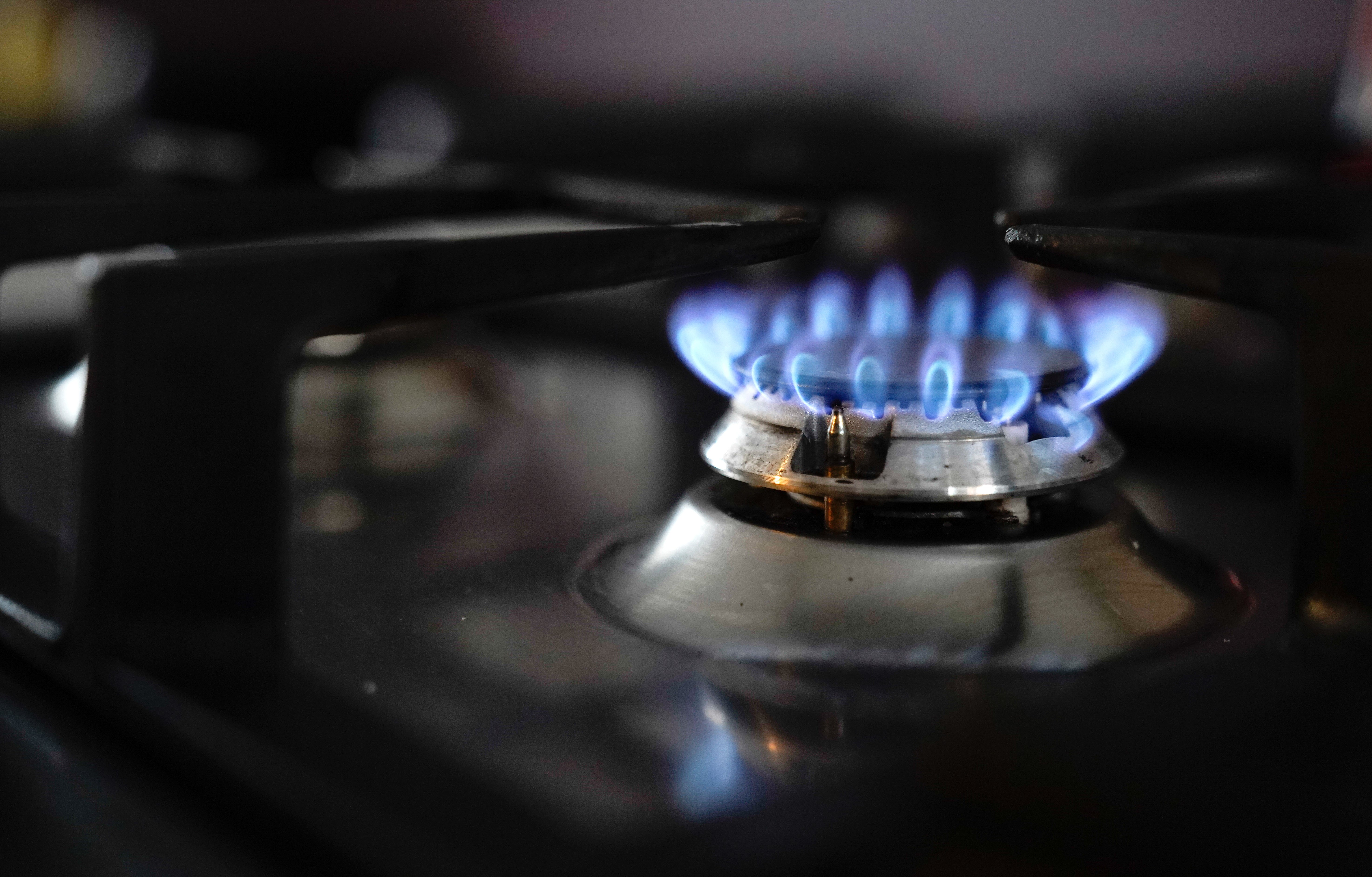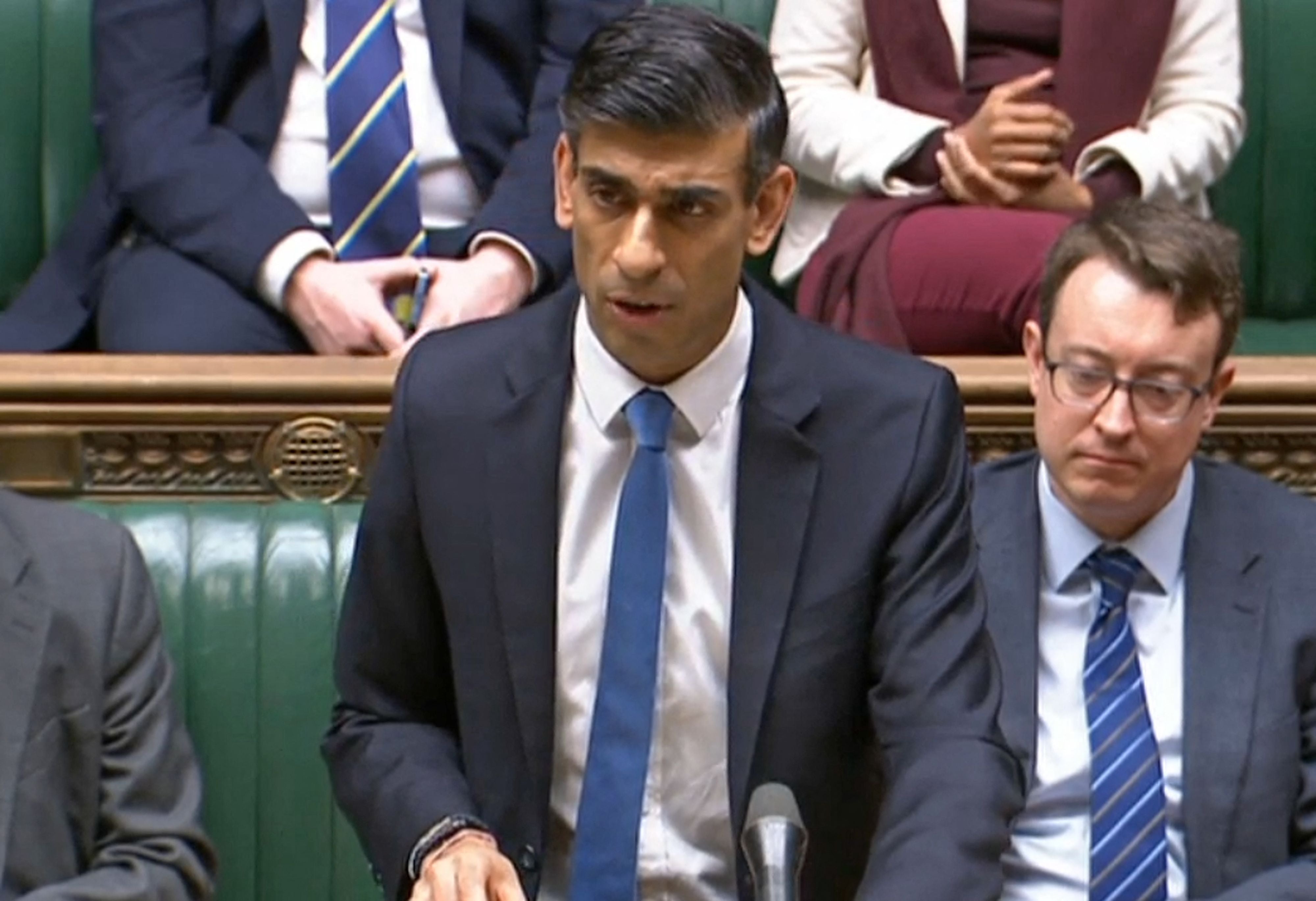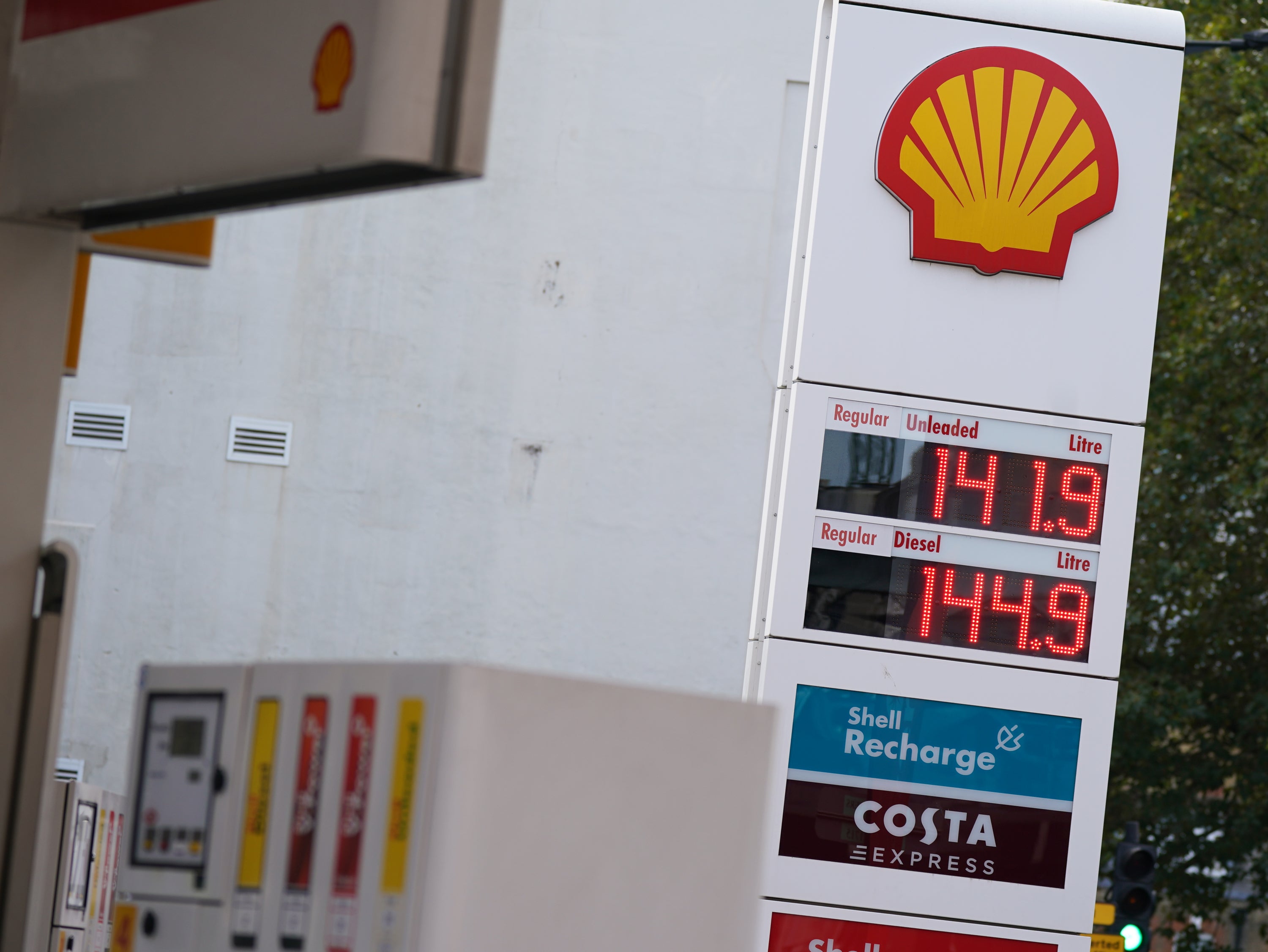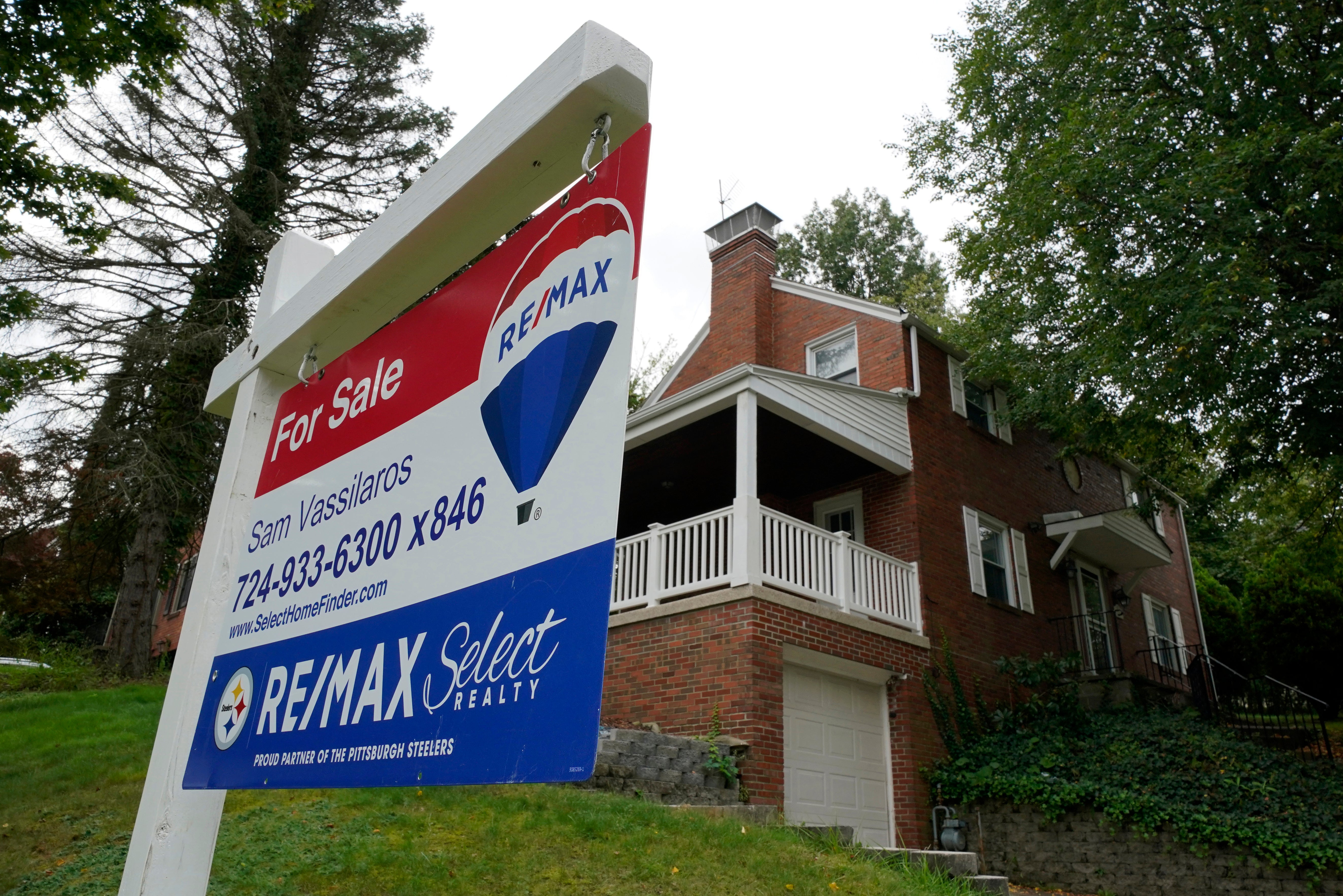How the cost-of-living crisis will affect you as gas, electric and food prices soar
Energy, fuel, national insurance and groceries are all on the rise

Your support helps us to tell the story
From reproductive rights to climate change to Big Tech, The Independent is on the ground when the story is developing. Whether it's investigating the financials of Elon Musk's pro-Trump PAC or producing our latest documentary, 'The A Word', which shines a light on the American women fighting for reproductive rights, we know how important it is to parse out the facts from the messaging.
At such a critical moment in US history, we need reporters on the ground. Your donation allows us to keep sending journalists to speak to both sides of the story.
The Independent is trusted by Americans across the entire political spectrum. And unlike many other quality news outlets, we choose not to lock Americans out of our reporting and analysis with paywalls. We believe quality journalism should be available to everyone, paid for by those who can afford it.
Your support makes all the difference.UK households are facing a series of soaring costs on everything from food to fuel - and there’s more to come.
Energy bills are set to soar by 54% for 22 million households from the beginning of April, adding £693 to the annual bills of a typical household.
Meanwhile, inflation is set to hit an eye-watering 7.25% in April, according to new Bank of England forecasts released on Thursday.
But gas and electric aren’t the only things to becoming markedly more expensive of late.
Here are some of the main additional costs that are squeezing budgets this year.
Energy - up £693 per year

Regulator Ofgem announce a record-breaking increase to its energy price cap which limits the maximum cost suppliers can charge households for gas and electricity.
In October the cap for a customer using the average amount of energy rose 12 per cent to £1,277. It will jump again to £1,971 from 1 April with even more pain likely to come in October when the cap is set to increase to around £2,300.
That second increase will arrive along with colder Autumn weather, meaning big increases in monthly bill payments.
It's important to remember that the price cap figures are only an average. If your household uses more energy, you will pay more, if it uses less you will pay less.

Not everyone is protected by the cap. Some people who locked in long fixed contracts may still be paying a lower price for their energy but those deals are coming to an end.
When they do, you won't find any supplier offering a new contract at a rate cheaper than the price cap level. The price that suppliers buy energy at on international markets is still much higher than it has been historically for a host of reasons including restricted supply from Russia and higher demand in Asia.
High energy prices are expected to stay with us for at least a couple of years. To take the sting out of the increase, Rishi Sunak announced £200 discounts on energy bills to be applied automatically from October and paid back over five years.
Households in council tax bands A to D will also get a £150 rebate on their tax bill.
Fuel costs hit record highs

Petrol and diesel have also become more expensive as the global cost of oil has risen.
A litre of unleaded costs 146.6p per litre, while diesel is 150p, according to the RAC.
That means the cost of filling up a tank in a medium-sized family car is £82.69 for petrol engine and £84.81.
Prices have jumped by around a quarter compared to a year ago, thanks to surging demand for fuel as economies have emerged from the pandemic.
National Insurance rise - up £255 per year
The chancellor, Rishi Sunak, has resisted growing pressure to get rid of a planned rise in National Insurance which will hit in April, just as energy prices increase.
Ministers have been keen to present the policy as a 1.25 per cent hike, which doesn't sound like much, but it is arguably a misleading way to describe what's happening.
The increase is 1.25p in the pound, which actually works out to a rise of 10 per cent in the amount that's deducted from your payslip, depending on how much you earn.
Why? The current rate of National Insurance Contributions (NICs) for payrolled employees is 12p in the pound for earnings over £9,564 a year. That will go up by 1.25p from 1 April, an increase of more than 10 per cent in cash terms. For people on different salary his equates to:
- £20,000 - will pay an extra £130 a year (£10.80 per month)
- £30,000 - will pay an extra £255 a year (£21.25 per month)
- £50,000 - will pay an extra £505 a year (£45.80 per month)
- £80,000 - will pay an extra £880 a year (£73.33 per month)
- £100,000 - will pay an extra £1,130 a year (£94.16 per month)
If you earn less than £9,564 a year then you don’t have to pay National Insurance and the new levy does not apply to you.
Employers will also pay an extra 1.25p in the pound on their NICs.
The chancellor has also frozen the thresholds at which people pay income tax from April 2022 to April 2026. This effectively means a tax increase for most people who work because the thresholds are not rising in line with the rising cost of living.
Around 1.3 million people who currently earn basic rate tax payers are expected to move into paying higher rate income tax.
Mortgage payments - up £732 a year

The Bank of England raised its benchmark interest rate from 0.25 per cent to 0.5 per cent on Thursday, with some experts expecting a further rise to 0.75 per cent later in the year.
The rate is used by high street lenders and others as part of their calculations for setting their own rates on mortgages and other debt.
An increase 0.75 per cent rate would add £61 a month and £732 a year to repaying a £250,000 mortgage.
Among the first to experience the increase will be people on tracker mortgages, which follow the Bank of England's rate.
For most homeowners however, their repayments won't change because around three-quarters of mortgages are on fixed rates. You may find that when your current deal comes to an end, the options available have higher rates than before, but generally, rates remain low.
Food - up £180 a year
Shoppers face paying an extra £180 a year on their groceries, on average, according to data company Kantar.
Separate figures from the BRC and NielsenIQ indicate that in the twelve months to January this year food prices rose at their fastest rate since October 2013.
Food inflation rose from 2.4 per cent in December to 2.7 per cent in January.
Join our commenting forum
Join thought-provoking conversations, follow other Independent readers and see their replies
Comments